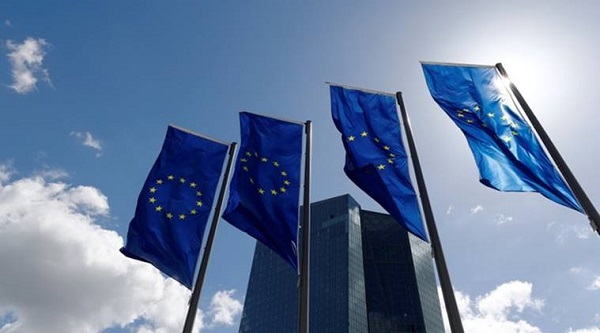Brussels, (Asian independent) Amid concerns over the conflict in Ukraine, the European Commission has launched a “stockpiling operation” to improve its defenses against chemical, nuclear and biological incidents.
The European Union’s (EU) aim is to increase its reserves of protective equipment, decontamination gear, medicines and vaccines that could be useful in case of chemical, nuclear or biological incidents, the Commission said in a statement.
“We are taking concrete measures to increase Europe’s preparedness in the face of potential threats,” Commissioner for Crisis Management Janez Lenarcic said in a statement.
The EU has built up a strategic stockpile of medicines and other resources to treat patients exposed to radioactive radiation or chemical or biological substances. The so-called rescEU stock of materials to treat or protect against chemical, biological, radiological and nuclear (CBRN) threats is worth 540.5 million euros ($590 million).
As part of its strategy, the Commission is also developing a decontamination reserve that will include both staff and equipment, Xinhua news agency reported.
The rescEU decontamination reserve will be developed and hosted by Croatia, Germany and Spain and will be completely financed by the EU with an initial budget of 66.7 million euros.
As an immediate first step, the EU has mobilised its medical reserve to procure potassium iodide pills, which can be used to protect people from the harmful effects of radiation. Already almost three million such pills have been delivered to Ukraine through the EU Civil Protection Mechanism, with the help of France and Spain.
“Health security needs preparedness,” Commissioner for Health and Food Safety Stella Kyriakides said.
“Preparing for chemical, biological, radiological and nuclear threats is an essential element in keeping our citizens safe, and a key element of a strong European Health Union.”
People may be exposed to CBRN agents as a result of unintentional disasters such as a chemical plant leak, nuclear power plant incidents or the spread of an infectious disease — or intentional incidents such as a terrorist attack.
Extreme weather conditions and emerging threats such as the coronavirus, but also CBRN incidents may overwhelm the ability of EU member states to help each other, especially when several European countries face the same type of disaster simultaneously. (1 euro =$1.09)








